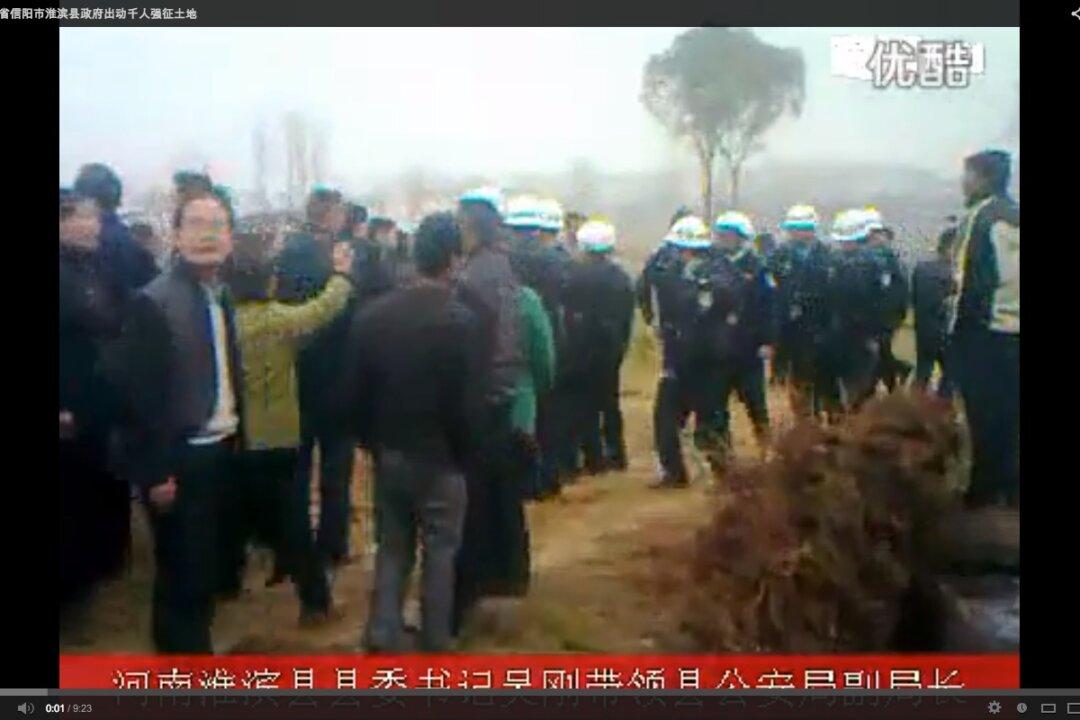Although China under Mao Zedong’s rule was a poor and weak country, then-Premier Zhou Enlai chose to serve wild abalones at a state banquet for Richard Nixon in 1972, as revealed in recent media reports in Hong Kong and the mainland.
Readers commented that the Chinese Communist Party (CCP) did not mind “straining China’s resources in order to please foreign countries.” One reader remarked: “No one beats Zhou in serving those in power.”
The Hong Kong-based Apple Daily reported that during Richard Nixon’s February 1972 visit, 360 honor guards attended the welcoming ceremony, far exceeding the regular number by 120 to 155.
Long before the banquet in the People’s Hall, Zhou sent a telegraph to a diving team in Dalian City, Liaoning Province ordering them to catch 2,200 pounds of wild abalones.
Fisherman Wang Tianyong, on Zhangzi Island in Dalian City, received the order. He was 42 at the time. During the interview with Apple Daily, he said, “That was 40 years ago. It wasn’t clear who we were catching the abalones for. The higher up officials said it was a ‘political task.’ It was mid-winter but the leaders didn’t care. The order was firm: we had to go underwater and only the best and biggest were acceptable.”
The wild abalones were thus harvested at minus four degrees Fahrenheit.
According to ccvic.com, a Beijing-based news site, Wang Tianyong led the small fishing team. The fishermen were shaking in the boat because of the icy conditions and could hardly move their hands and feet, the report said.
When the divers came out of the water their diving suits were covered with glittering icicles that fell and tinkled across the deck when touched. The ice made the already bulky diving suits heavier. More dangerous was the extremely low temperatures, which caused the plastic oxygen lines to sometimes freeze and become blocked with ice.
Yet Wang Tianyong and his crew had no choice—a warship was docked in the bay, waiting to load the abalones. They searched for seven consecutive days, diving over 100 times before finding a school of abalones 70 to 100 feet down. “We forgot about the freezing cold and caught over 220 pounds the first day,” Wang recalled. The team dove repeatedly into the deep water to harvest the requisite quota of shellfish.
“Cold wasn’t our worst fear,” Wang explained, “sharks are lethal.” He remembers one occasion when he was working on the seabed to catch abalones in the same area. Suddenly he saw a dark cloud floating above him: a blue shark was hovering, over 12 feet long, with mouth open and teeth protruding. “I was scared to death. I had my seven-foot long fork for protection. A couple of minutes later, it started circling around me, eying my oxygen line. My body tensed. If the shark bit into the line I had no way to stay alive.” In desperation Wang stomped on a rock with one of his heavy iron boots and the shark swam away.
The 2,200 pounds of wild abalones were delivered to Beijing in time for the banquet. When Nixon learned that the abalones had been gathered under a frozen section of the Yellow Sea, he was reportedly quite moved.
Zhou was also very pleased. After the Shanghai Joint Communiqué was published, he sent a telegraph to the divers, commending them as “unsung heroes” of the negotiations between China and the US.
Read the original Chinese article.



